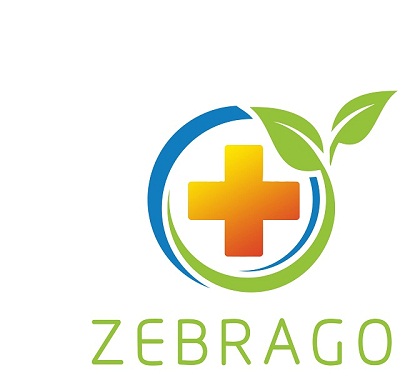News
In addition to reducing infant defects, what are the important effects of folic acid?
Folic acid is known to be an indispensable nutrient for fetal growth and development. Lack of folic acid in pregnant women may result in low birth weight, cleft lip and palate, and heart defects at birth. If folic acid is absent within the first 3 months of pregnancy, it can cause fetal neural tube development defects and lead to deformity.


Not long ago, a study conducted by researchers at the National Institutes of Health and other institutions showed that taking folic acid supplements daily before pregnancy also reduced the risk of pregnancy-related or pregnancy-related diabetes. The findings were published in the journal Diabetes Care.
Folic acid is a synthetic form of folic acid or vitamin B9 found in green leafy vegetables, nuts, peas, beans and other foods. The US Preventive Services Task Force recommends that all women of childbearing age should take supplements containing 400 to 800 micrograms of folic acid per day to reduce the risk of fetal neural tube defects during pregnancy; neural tube defects are A birth defect that affects the brain and spinal cord.
When blood sugar or glucose levels rise too high, gestational diabetes occurs, which increases the risk of cesarean section and blood pressure disorders during pregnancy, as well as increases the risk of cardiovascular disease and type 2 diabetes in later life. For babies, gestational diabetes increases the risk of overweight at birth and the risk of childhood and adult obesity.
In this study, the researchers analyzed data from nearly 15,000 women who participated in Nurses Health Study II. Of the more than 20,000 pregnant women, there are 824 cases of gestational diabetes. Women who took less than 400 micrograms of folic acid supplements had a 22% lower risk of developing gestational diabetes than women who did not take folic acid supplements. Those who take 600 micrograms are 30% less likely to get sick.

In this study, the researchers analyzed data from nearly 15,000 women who participated in Nurses Health Study II. Of the more than 20,000 pregnant women, there are 824 cases of gestational diabetes. Women who took less than 400 micrograms of folic acid supplements had a 22% lower risk of developing gestational diabetes than women who did not take folic acid supplements. Those who take 600 micrograms are 30% less likely to get sick.
Cuilin Zhang, MD, Ph.D., of the National Institutes of Health and the National Institutes of Child Health and Human Development (NICHD), said that in addition to reducing the risk of neural tube defects, this study showed that it was taken before pregnancy. Folic acid supplements may provide a low-cost way to reduce the risk of gestational diabetes.
Researchers have not found that eating foods high in folate levels reduces the risk of developing gestational diabetes. They cited earlier studies showing that folic acid is more easily absorbed by the body than the natural form of vitamins. The researchers also pointed out that previous studies have found that lack of folic acid is associated with insulin resistance (difficult to use insulin to lower blood sugar), which may be a precursor to the development of type 2 diabetes in unpregnant people.

In addition to funding from NICHD, the study was supported by NIH's National Cancer Institute, the National Institute of Diabetes, Digestive and Kidney Diseases, and the National Institute of Environmental Health Sciences.






